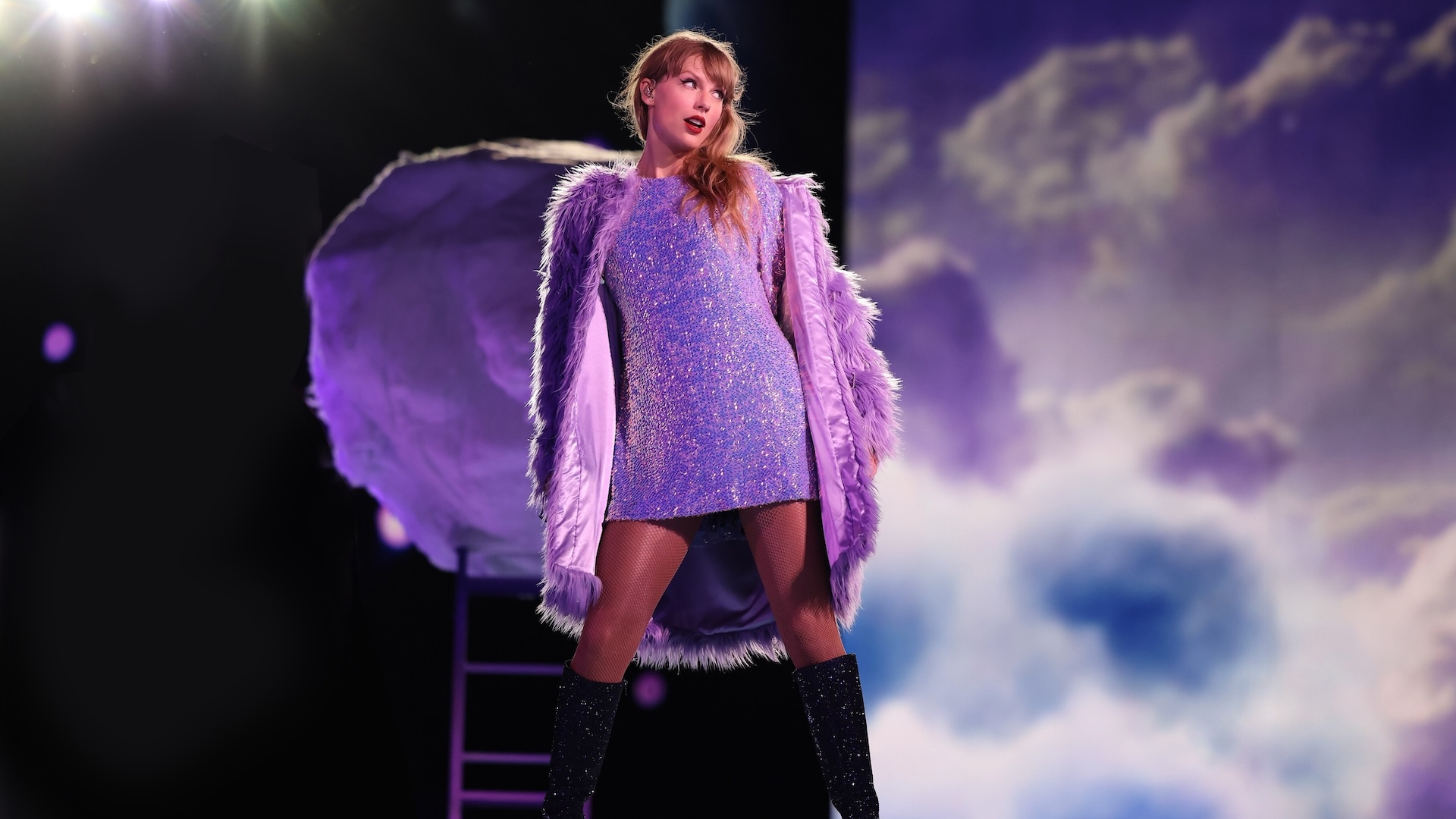Taylor Swift is arguably the biggest pop star in the world right now. From her highest-grossing Eras tour, to her record-breaking award wins and album sales, she’s built a legacy that has been compared to the likes of The Beatles. Whether or not you’re a fan, her widespread cultural influence is undeniable. The Taylor Swift phenomenon has been studied by journalists, cultural commentators, industry experts and academics, myself included. I’m a PhD candidate researching fandom, and there’s no better case study than Taylor Swift.
Since the beginning of her career, Taylor Swift has always prioritised fan engagement. From her early days on MySpace to her active Tumblr era, she’s brought her fans along on the journey with her as she navigates her life and career. Social media afforded new types of access to celebrities, and Taylor Swift fostered these relationships by sharing behind the scenes content and engaging directly with fans.
With the help of Taylor Nation, a branch of her management team, Swift would also reward fans with gifts or meet and greet opportunities. For the launch of 1989, reputation and Lover, she hosted “Secret Sessions” where fans were invited to hang out with her and listen to the albums ahead of their release. The possibility of such interactions gives Swifties extra motivation to participate in the fandom, as described by one fan I interviewed: “I think we’re definitely pushed to be creative because she does choose [to reward fans], and we try to be different from the crowd and whatever so that we do get noticed”.
Read more:
- This is what happens to a local economy when Taylor Swift comes to town
- Is Taylor Swift making song lyrics more important than ever?
- Why politics fans have more in common with the Swifties than they think
Swift is known for leaving “Easter Eggs”, and encourages fans to uncover the clues in all aspects of her work. Fans participate in so many different ways, and Taylor Swift has a whole world they can interact with. At times, her music has been reduced to vengeful breakup songs about ex-boyfriends, but Swift’s songwriting has always been a key part of her success.
She’s honed her craft across different genres, from her start in country, to pop, and indie folk. The surprise release of folklore, an album she recorded during the early stages of the pandemic, won over some more skeptical audiences. Swifties never needed any convincing though, these songs have been a resource for which they can construct meaning out of their everyday lives.





